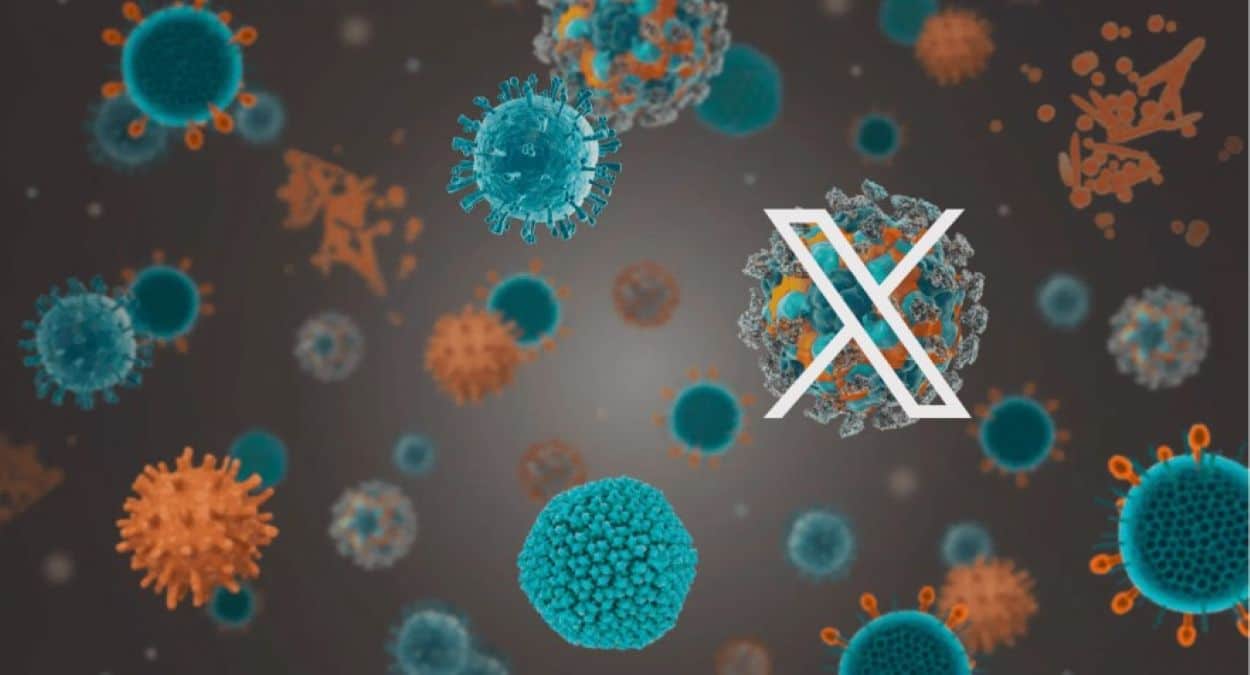The World Health Organization (WHO) has designated “Disease X” to represent the serious threat of unknown pathogens.
Although this disease has not yet appeared in Pakistan, the interconnectedness of today’s world could make it a significant threat unless we take preventive measures.
“Disease X” has captured global attention as a hypothetical disease that could trigger a global health crisis. It symbolizes a pathogen that has yet to be identified but is capable of causing a pandemic. Experts are concerned about its unpredictable nature and rapid spread, which could prove lethal. They advocate for enhanced hygiene practices and public awareness to counteract the threat.
Origin and Affected Areas of Disease X
“Disease X” symbolizes the unforeseen, representing diseases that catch us off guard. It often originates from zoonotic sources—pathogens that transfer from animals to humans. This reflects our increased vulnerability to new infections due to urbanization, deforestation, and global travel. Although specific locations are uncertain, it’s known to appear in regions with dense populations or significant wildlife interaction, particularly in parts of Africa and Asia.
Symptoms of Disease X
As a placeholder term, the exact symptoms of Disease X are unknown, but they may resemble those seen in past outbreaks like SARS, COVID-19, or Ebola:
- Fever and chills
- Severe respiratory distress
- Muscle and joint pain
- Gastrointestinal symptoms, like diarrhea or vomiting
- Unexplained bleeding or rashes
- Fatigue and weakness
- Headaches or neurological disturbances
India’s dense population and ecological diversity make it susceptible to zoonotic diseases. The risk of Disease X reaching Indian shores is amplified by urban overcrowding, inadequate rural healthcare, and international travel. Our experiences with COVID-19 and the Nipah virus underscore the need for robust public health strategies.
Prevention Tips Against Disease X
To mitigate the impact of Disease X in India, here are vital precautions:
- Uphold excellent hygiene by washing hands and avoiding face touching.
- Wear masks in crowded areas to lessen airborne pathogen exposure.
- Enhance your immunity with a balanced diet, regular exercise, and sufficient sleep.
- Keep distance from sick wildlife and domestic animals.
- Cook meat and poultry thoroughly.
- Comply with vaccination guidelines for zoonotic diseases.
- Limit travel to areas with ongoing outbreaks or poor sanitation.
- Seek immediate medical help for unusual symptoms.
- Stay informed through credible sources like WHO and the Indian Ministry of Health.
Read: Revolutionary Smart Pill: The Next Frontier in Bowel Disease Diagnosis and Management
Disease X exemplifies the unpredictable nature of emerging pathogens and their potential to disrupt human health and healthcare systems globally. This serves as a crucial reminder of the importance of preparedness, hygiene, and proactive health measures in today’s interconnected world.






